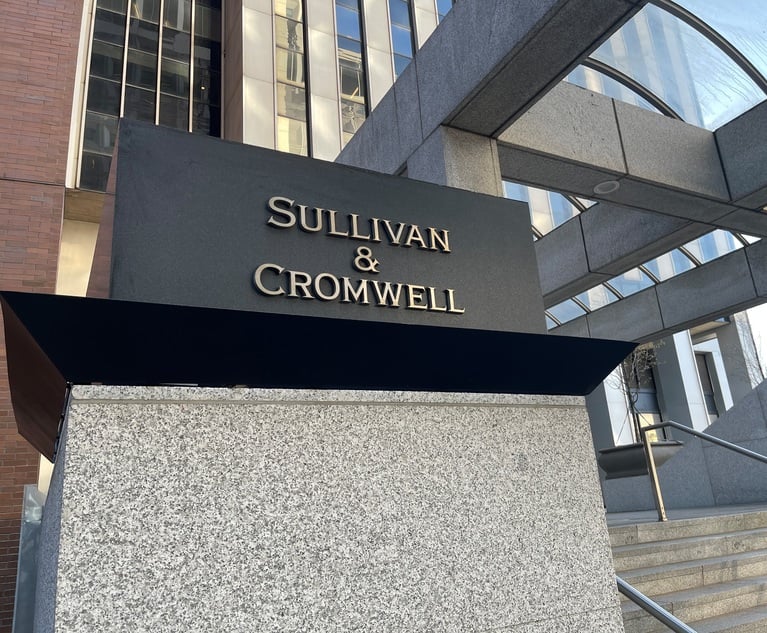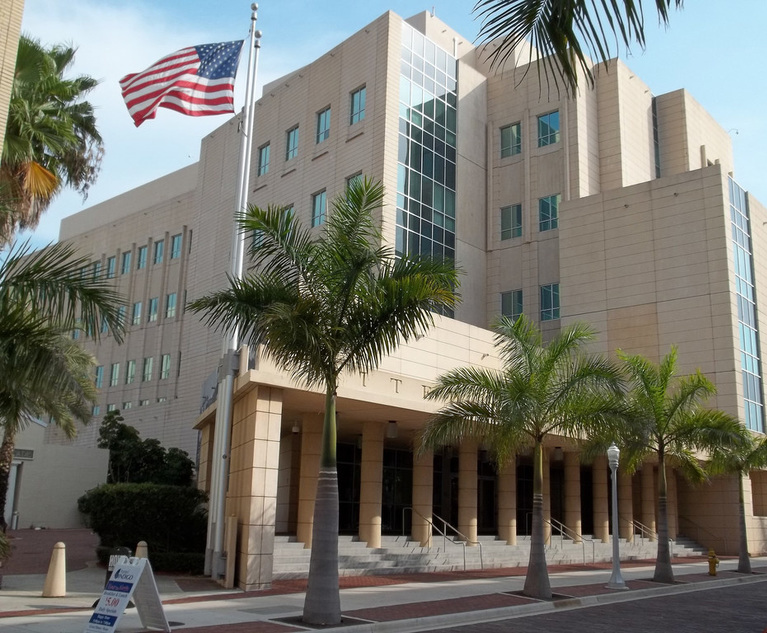The federal Environmental Protection Agency does not have broad authority to regulate greenhouse gas emissions from fossil fuel burning power plants, ruled a divided U.S. Supreme Court on Thursday in a case with major implications for climate change policies.
Chief Justice John Roberts Jr., writing for the 6-3 majority, said: “Capping carbon dioxide emissions at a level that will force a nationwide transition away from the use of coal to generate electricity may be a sensible ‘solution to the crisis of the day. But it is not plausible that Congress gave EPA the authority to adopt on its own such a regulatory scheme in Section 111(d). A decision of such magnitude and consequence rests with Congress itself, or an agency acting pursuant to a clear delegation from that representative body.”


 A coal power plant. (Credit: Aндрей Трубицын/Adobe Stock)
A coal power plant. (Credit: Aндрей Трубицын/Adobe Stock)






